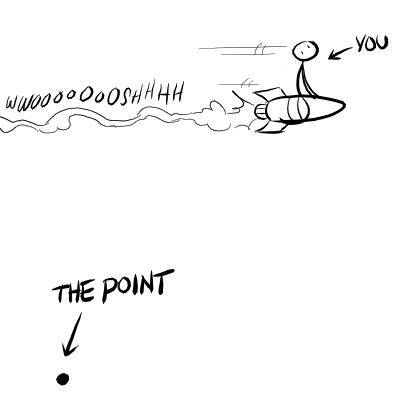I'm pretty sure your father in law also told you that a good attorney can make any provider look like a fool in front of a jury right? You could do everything right, document perfectly, but they can bring up some random medical fact, that no paramedic knows, and make you look like an incompetent buffoon.
Plus, his JOB is to make medical providers look like idiots (I'm assuming he goes after the providers), especially when they screw up. Medical malpractice attorneys are even better (go watch Scrubs season 4, episodes 9 & 10 for reference). You can do everything right, and still make you look bad.
Since you brought it up, have you ever discussed with your FIL instances where the medical provider screwed up, but because it was documented so well, it saved the provider's career and he lost the case? or when the provider didn't screw up, but the documentation was lacking, so your FIL cost the provider his career?
If you screw up, and you have poor documentation, your going to lose. that's just how it is. and if you don't screw up, and you have great documentation, your not going to lose. that's just how it is. it's those other two examples where it's a very gray area, often coming down to how good or not good an attorney is
Documentation (which is a VERY subjective bar as to what is enough) is important, and many people don't document well. But a person still has the right to refuse care anytime during their treatment, regardless of how risky it is, and you can't just say "well, because you receive XYZ, you are now unable to refuse transport." It just doesn't work that way. And yes, people still have the right to make stupid choices over their healthcare, and if they make the wrong one, you can be sued over it.... but that doesn't mean you were wrong, nor will they win.

